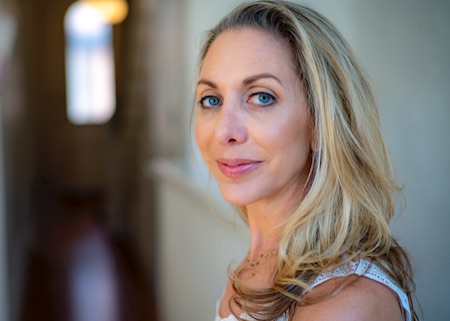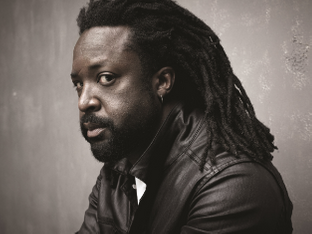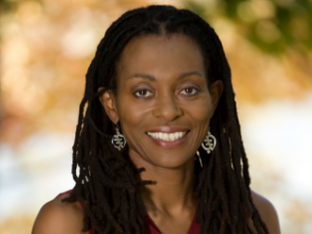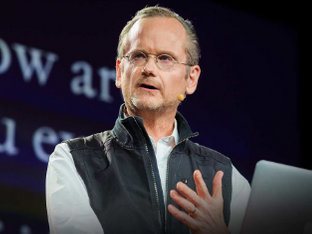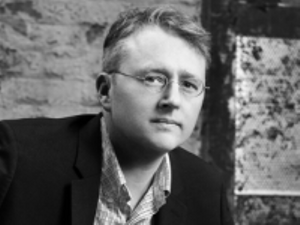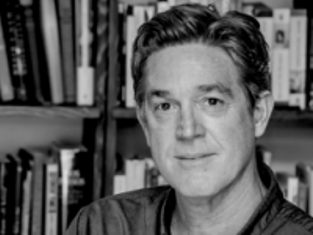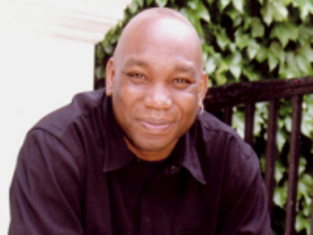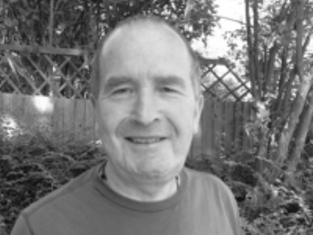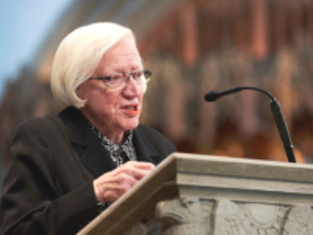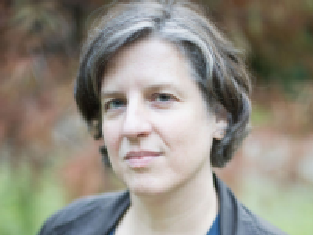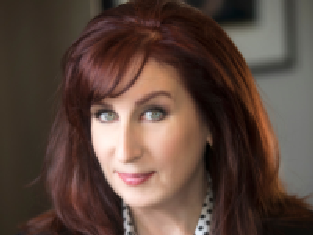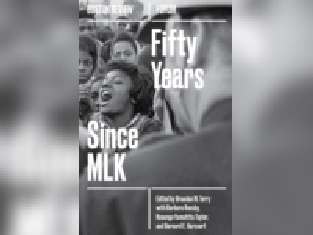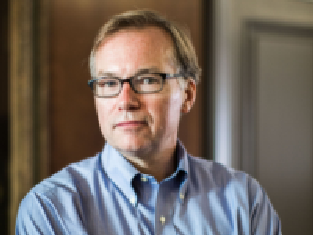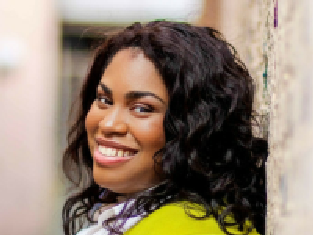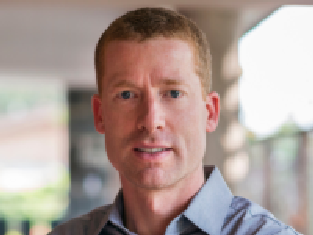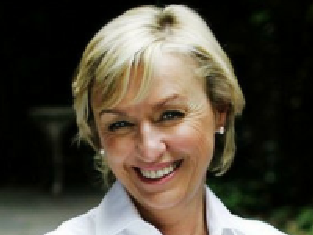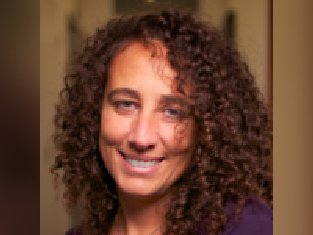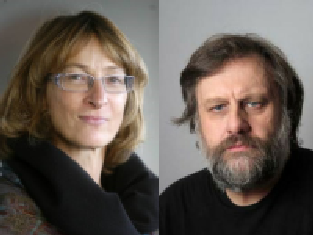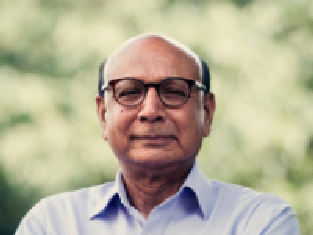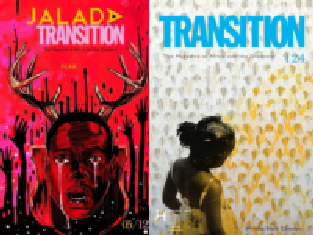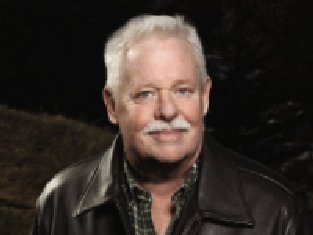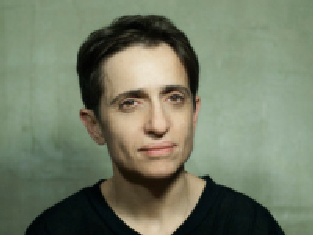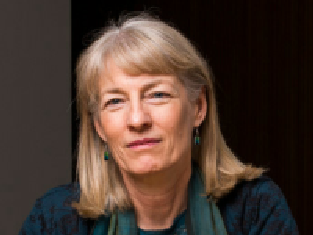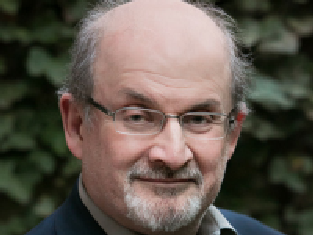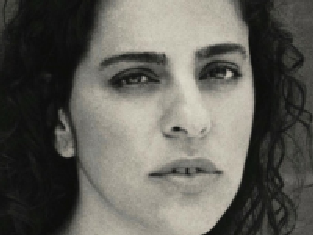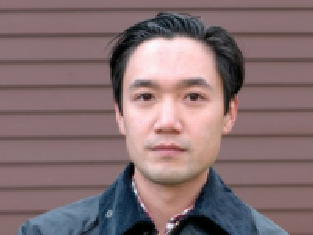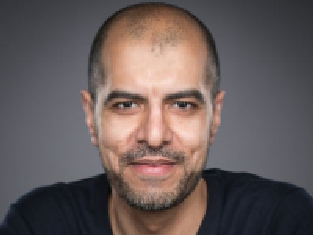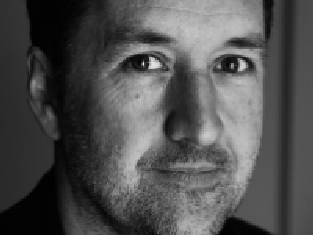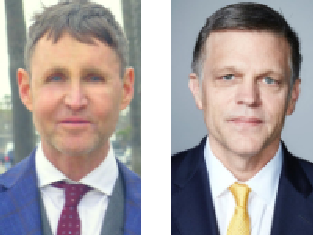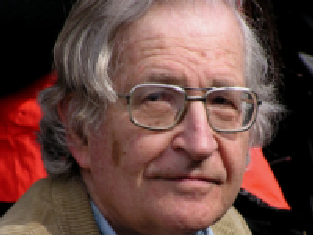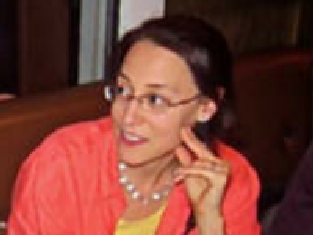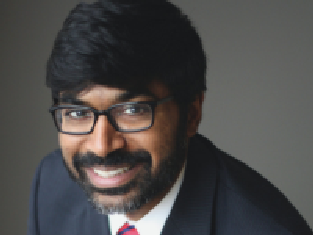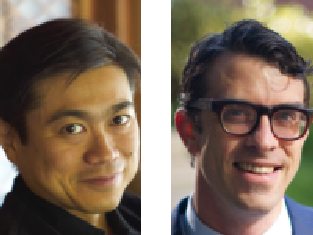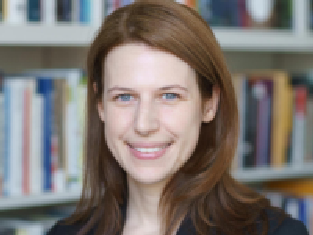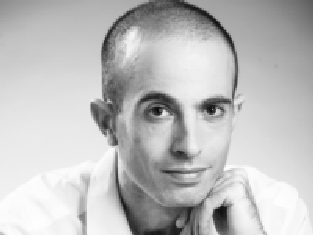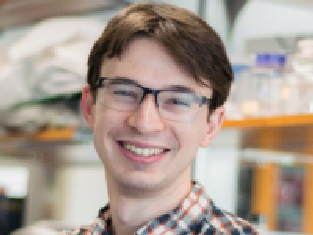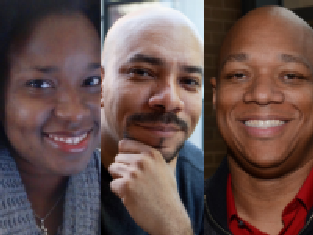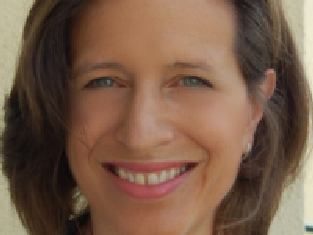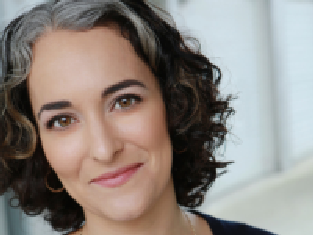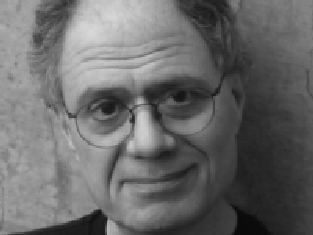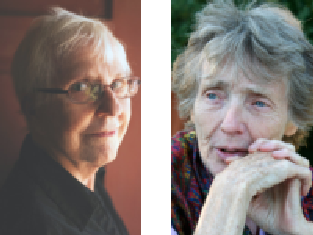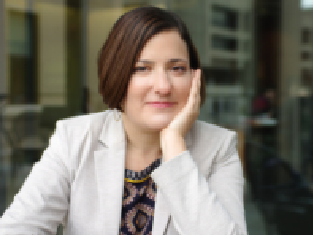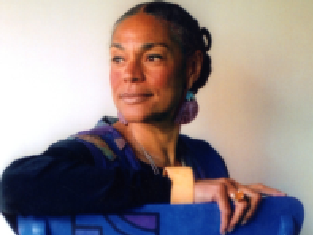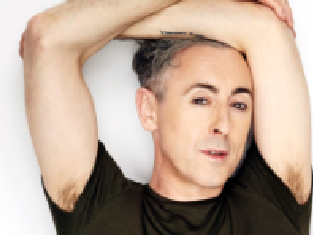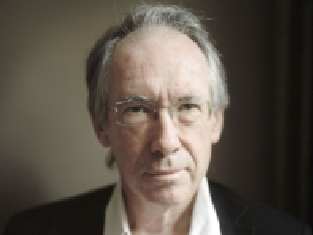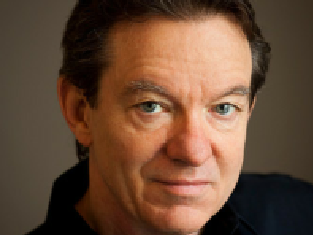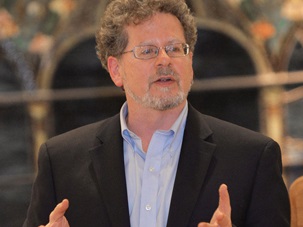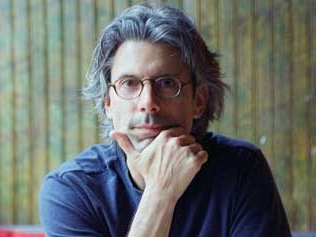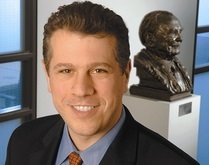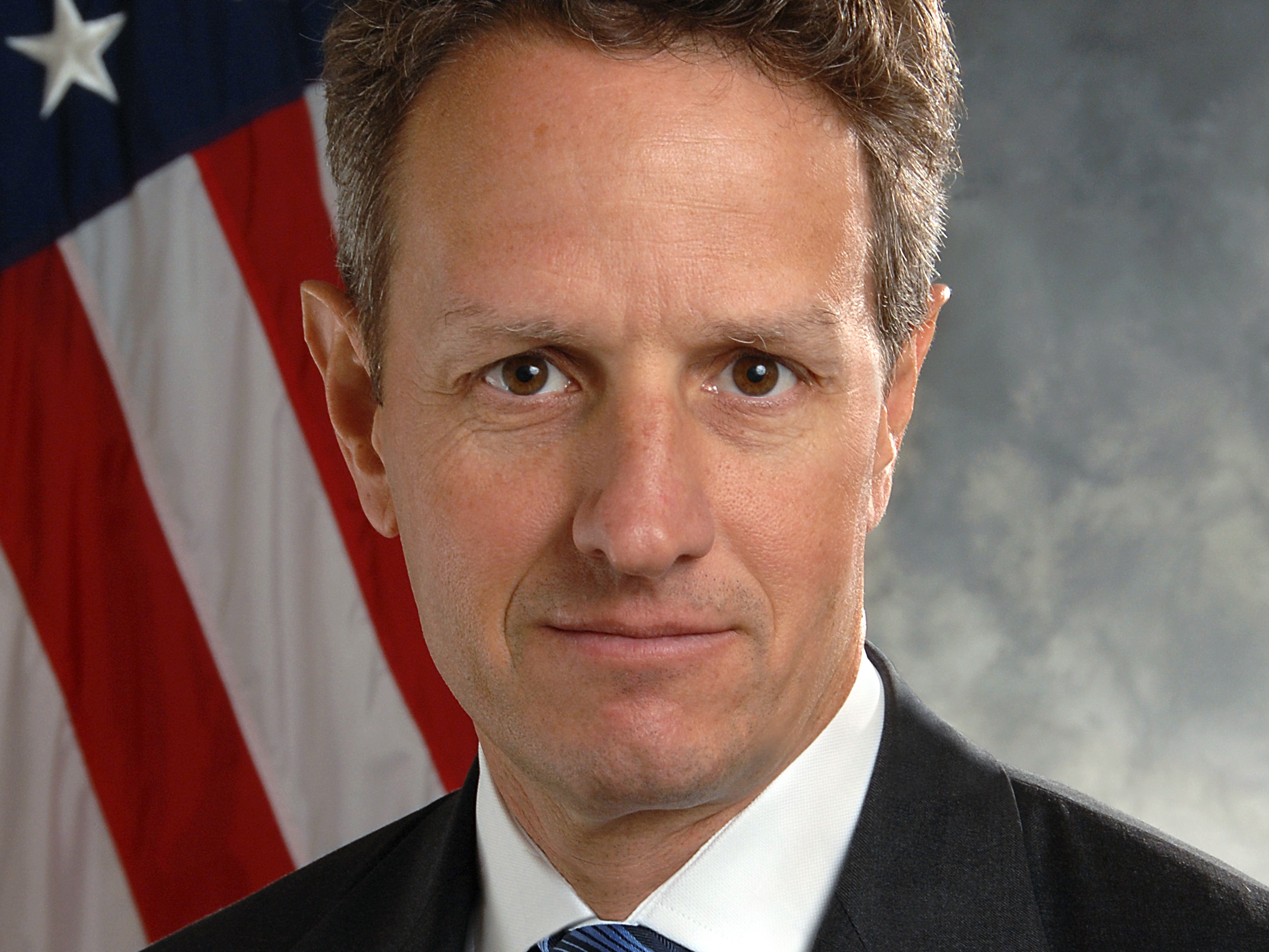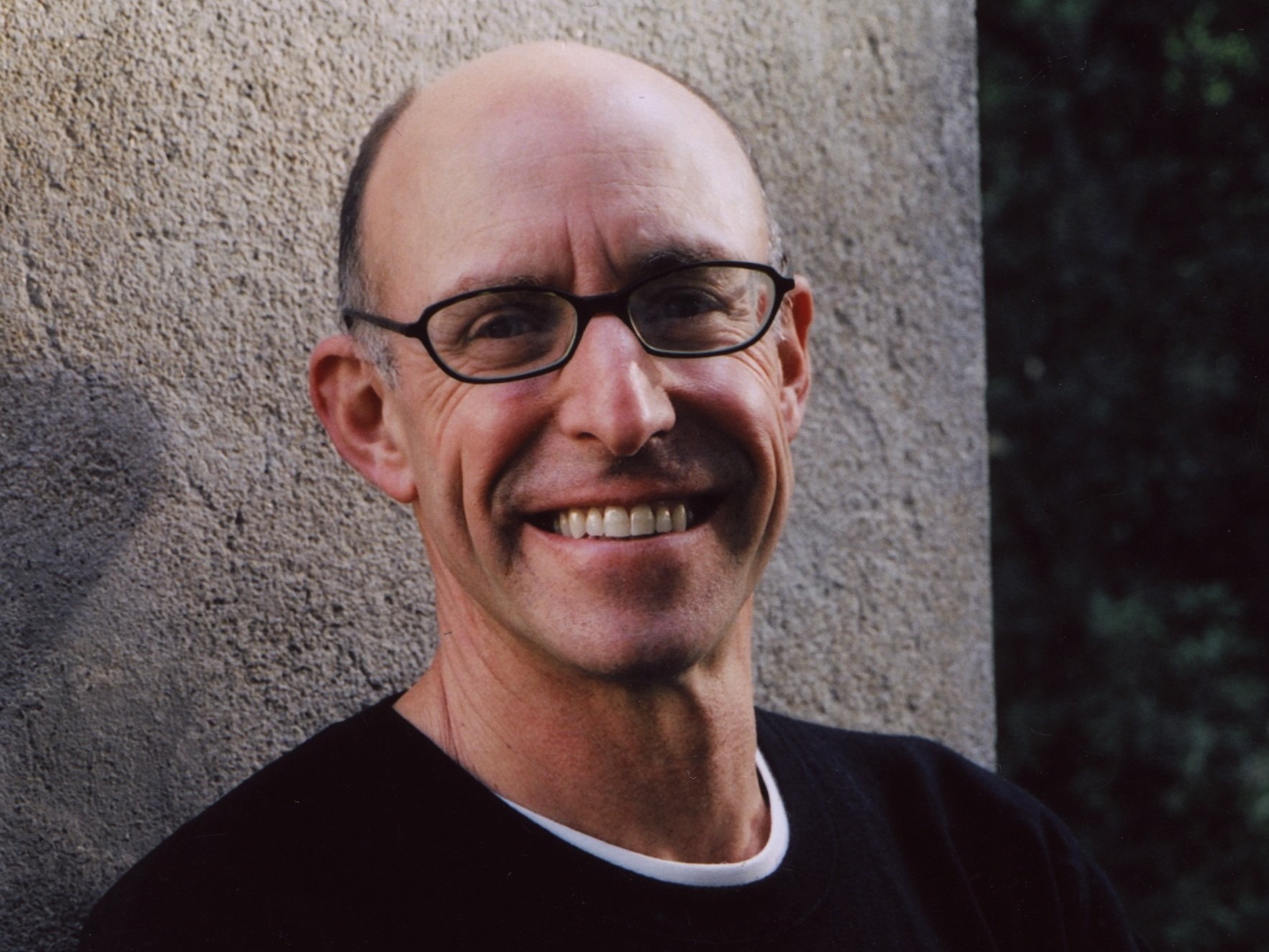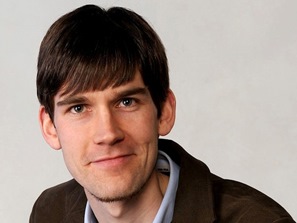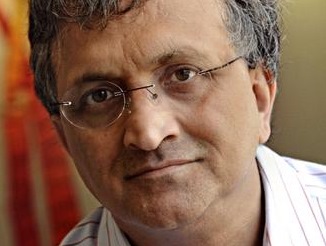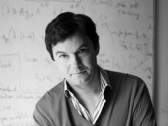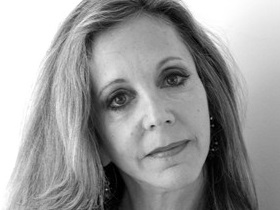|
Harvard Book Store Channel |
-
May 4, 2023
Philip Zelikow
discusses Lessons from the Covid War with Kendall Hoyt and Richard J. Hatchett -
August 20, 2022
Love and Pride: Bookstore Romance Day Panel #2
with Alexandria Bellefleur, Alyssa Cole, Anita Kelly, Kosoko Jackson, and Olivia Waite -
August 20, 2022
Between the Sheets: Bookstore Romance Day Panel #1
with Adriana Herrera, Ashley Herring Blake, Katee Robert, and Olivia Dade -
June 2, 2022
Ran Abramitzky and Leah Boustan
discuss Streets of Gold: America's Untold Story of Immigrant Success -
May 31, 2022
Lucasta Miller
discusses Keats: A Brief Life in Nine Poems and One Epitaph with Stephanie Burt -
May 13, 2022
Clare Mac Cumhaill and Rachael Wiseman
discuss Metaphysical Animals: How Four Women Brought Philosophy Back to Life -
May 5, 2022
Karen Weintraub and Michael Kuchta
discuss Born in Cambridge: 400 Years of Ideas and Innovators -
April 22, 2022
Michael Schur
discusses How to Be Perfect: The Correct Answer to Every Moral Question -
February 28, 2022
Marie Lily Cerat, Patrick Sylvain, Jalene Tamerat
discuss Education Across Borders -
February 7, 2022
Florence Williams
discusses Heartbreak: A Personal and Scientific Journey with Claire Dederer -
January 27, 2022
Leonard Mlodinow
discusses Emotional: How Feelings Shape Our Thinking with Nick Owchar -
January 16, 2022
Alexander Rehding and Daniel K.L. Chua
discusses Alien Listening with Melissa Franklin -
November 12, 2021
Shayda Kafai
discusses Crip Kinship with Lilac Vylette Maldonado and Vanessa Durand -
November 12, 2021
Deva R. Woodly
discusses Reckoning: Black Lives Matter and the Democratic Necessity of Social Movements -
November 11, 2021
Joan Nockels Wilson
discusses The Book of Timothy with Timothy Nockels and Michele Madigan Somerville -
October 19, 2021
Askold Melnyczuk and Gene Kwak
present The Man Who Would Not Bow and Go Home, Ricky! with Nina MacLaughlin -
October 19, 2021
George Howe Colt, Paul Elie, Megan Marshall, Michelle Nijhuis, and Stacey Vanek Smith
discuss Now Comes Good Sailing with Andrew Blauner -
October 15, 2021
David Hajdu and John Carey
discuss A Revolution in Three Acts with Eric K. Washington -
October 14, 2021
Mattilda Bernstein Sycamore, Ryan Conrad, Berend McKenzie, Miranda Recht
presents Between Certain Death and a Possible Future -
October 7, 2021
Joshua Bennett, Marwa Helal, Ladan Osman, and Xandria Phillips
present Owed, Invasive species, Exiles of Eden, and HULL -
September 30, 2021
In the Kitchen: Remembering Julia with Your Favorite Chefs
-
September 23, 2021
Farah Jasmine Griffin
discusses Read Until You Understand with Henry Louis Gates, Jr. -
September 15, 2021
Edward Glaeser and David Cutler
discuss Survival of the City with Katherine Baicker -
June 15, 2021
Jennifer Nansubuga Makumbi
discusses A Girl Is A Body of Water with Lesley Nneka Arimah -
June 11, 2021
Jesse McCarthy
discusses The Fugitivities and Who Will Pay Reparations on My Soul? with Namwali Serpell -
June 4, 2021
Richard Flanagan and Jim Shepard
discuss The Living Sea of Waking Dreams and Phase Six with Joshua Ferris -
May 27, 2021
Jacqueline Rose
discusses On Violence and On Violence Against Women with Dayna Tortorici -
May 21, 2021
Kristin Harmel and Jennifer Rosner
present The Book of Lost Names and The Yellow Bird Sings -
May 21, 2021
Sy Montgomery and Suzanne Simard
present The Hummingbirds' Gift and Finding the Mother Tree with Nathaniel Rich -
May 14, 2021
Terry Greene Sterling and Jude Joffe-Block
discuss Driving While Brown with Walter V. Robinson -
May 10, 2021
Maggie Shipstead and J. Courtney Sullivan
present Great Circle and Friends and Strangers -
April 29, 2021
L.S. Halprin, Iain Boal, and Dick Russell
present An Essay in the History of the Radical Sensibility in America -
April 23, 2021
Barbara Cantalupo and Lori Harrison-Kahan
discuss Heirs of Yesterday with Jonathan Sarna -
April 9, 2021
Jaya Ramji-Nogales, Andrew I. Schoenholtz, and Philip G. Schrag
discuss The End of Asylum with Julia Preston -
April 2, 2021
Steven Weinberg and Andrew Strominger
present The First Three Minutes and Third Thoughts -
March 19, 2021
Brandon L. Garrett
discusses Autopsy of a Crime Lab with Daniel Medwed and Radha Natarajan -
March 16, 2021
Lolita in the Afterlife
-
March 11, 2021
Writing our Ancestors with Boston Review
-
February 18, 2021
Judge Jed S. Rakoff
discusses Why the Innocent Plead Guilty and the Guilty Go Free with David B. Wilkins -
February 1, 2021
Robert J. Lefkowitz and Randy Hall
discuss A Funny Thing Happened on the Way to Stockholm with Thomas Michel -
January 14, 2021
Jeanne Theoharis and Pam Horowitz
discuss Julian Bond's Time to Teach with Vann R. Newkirk II -
January 7, 2021
Megan Alpert and José Angel Araguz
present An Empty Pot's Darkness and The Animal at Your Side -
December 17, 2020
Katie Mack and Kim Stanley Robinson
present The End of Everything and The Ministry for the Future -
November 12, 2020
Jerald Walker and Robert Atwan
present How to Make a Slave and Other Essays and The Best American Essays 2020 -
November 5, 2020
What Just Happened: Writers Discuss the Post-Election Moment
-
October 23, 2020
Deborah Willis, John Stauffer, and Sarah Lewis
discuss To Make Their Own Way in the World with Ilisa Barbash -
October 19, 2020
Claire Messud and André Aciman
present Kant's Little Prussian Head and Other Reasons Why I Write and Find Me -
September 28, 2020
Felton Earls and Mary Carlson
discuss Voice, Choice, and Action with Alex Kotlowitz -
August 22, 2020
Bookstore Romance Day Panel
-
July 31, 2020
Alexander Keyssar
discusses Why Do We Still Have the Electoral College? with Miles Rapoport -
July 30, 2020
Sara Faith Alterman
discusses Let's Never Talk About This Again with Meredith Goldstein -
July 24, 2020
Adrian Tomine
discusses The Loneliness of the Long-Distance Cartoonist with Leanne Shapton -
July 12, 2020
Where Do We Go From Here: A Fundraiser for Black Lives
-
June 8, 2020
Megha Majumdar and Sue Monk Kidd
discuss A Burning and The Book of Longings with Jordan Pavlin -
May 27, 2020
Heather Cox Richardson
discusses How the South Won the Civil War with Lindsay M. Chervinsky -
November 27, 2018
David A. Kaplan
presents The Most Dangerous Branch: Inside the Supreme Court's Assault on the Constitution -
October 19, 2018
Jabari Asim
discusses We Can't Breathe: On Black Lives, White Lies, and the Art of Survival with Adrian Walker -
October 1, 2018
Sarah Smarsh
presents Heartland: A Memoir of Working Hard and Being Broke in the Richest Country on Earth -
September 13, 2018
Soraya Chemaly
discusses Rage Becomes Her: The Power of Women's Anger with Jaclyn Friedman -
August 15, 2018
Roy Scranton
discusses We're Doomed. Now What? Essays on War and Climate Change with Andrew Bacevich -
June 11, 2018
Howard Bryant
presents The Heritage: Black Athletes, a Divided America, and the Politics of Patriotism -
February 26, 2018
Fifty Years Since MLK
with Brandon M. Terry, Tommie Shelby, Elizabeth Hinton, and Cornel West -
November 14, 2017
Slavoj Žižek and Alenka Zupančič
discuss Incontinence of the Void and What IS Sex? with Mladen Dolar -
October 27, 2017
Worldwide Week with Transition Magazine
featuring Phanuel Antwi, David Chariandy, Sarah Ladipo Manyika, Moses Kilolo, Danielle Legros Georges, Enzo Silon Surin, and Novuyo Rosa Tshuma -
September 7, 2017
Vanessa Grigoriadis
discusses Blurred Lines: Rethinking Sex, Power, and Consent on Campus -
March 22, 2017
Chris Hayes
discusses a Colony in a Nation with Jabari Asim, Frank Rudy Cooper, and Anthony Brooks -
February 22, 2017
Yuval Noah Harari
discusses Homo Deus: A Brief History of Tomorrow with Michael Sandel -
February 17, 2017
James R. Valcourt
discusses Systematic: How Systems Biology Is Transforming Modern Medicine -
February 6, 2017
Gender and Color in Comics
A panel discussion featuring Mildred Louis, John Jennings, and Joel Christian Gill -
January 29, 2017
Melissa Fleming
discusses A Hope More Powerful Than the Sea: One Refugee's Incredible Story of Love, Loss, & Survival -
January 9, 2017
Keramet Reiter
discusses 23/7: Pelican Bay Prison and the Rise of Long-Term Solitary Confinement -
October 26, 2016
Sara Goldrick-Rab
discusses Paying the Price: College Costs, Financial Aid, and the Betrayal of the American Dream -
October 24, 2016
Sara Lawrence-Lightfoot
discusses Growing Each Other Up: When Our Children Become Our Teachers -
August 29, 2016
An Evening with Pangyrus
Boston's new journal of literature, perspective, arts, and politics -
May 20, 2016
Malcolm K. Sparrow
discusses Handcuffed: What Holds Policing Back, and the Keys to Reform -
April 8, 2016
Thomas Frank
discusses Listen, Liberal: Or, What Ever Happened to the Party of the People? -
February 19, 2016
Hillary L. Chute
discusses Disaster Drawn: Visual Witness, Comics, and Documentary Form -
January 29, 2016
Roberto G. Gonzales
discusses Lives in Limbo: Undocumented and Coming of Age in America -
December 9, 2015
An Evening of Poetry with Boston Review
featuring Mary Jo Bang, Lucie Brock-Broido, Stephen Burt, and Major Jackson -
October 8, 2015
Roberta Kaplan
discusses Then Comes Marriage: United States v. Windsor and the Defeat of DOMA with Eric Lander -
September 18, 2015
Daniel Geary and Benjamin Hedin
discuss today's civil rights movement with Eugene Rivers -
June 19, 2015
City by City
featuring Stephen Squibb and contributors Greg Afinogenov, Dan Albert, and Annie Wyman -
June 16, 2015
The Nation’s First 150 Years
featuring Katrina vanden Heuvel, D.D. Guttenplan, and Chloe Maxmin -
March 24, 2015
Barney Frank
discusses Frank: A Life in Politics from the Great Society to Same-Sex Marriage -
September 3, 2014
George Marshall
discusses Don't Even Think About It: Why Our Brains Are Wired to Ignore Climate Change -
May 2, 2014
The Opposite of Loneliness
Essays and stories by Marina Keegan presented by Anne Fadiman, Ratna Gill, and Luke Vargas -
September 28, 2012
Steven Johnson
discusses Future Perfect: The Case For Progress In A Networked Age -
September 28, 2012
Natalie Hopkinson
discusses Go-Go Live: The Musical Life and Death of a Chocolate City -
September 21, 2012
Daniel Kantstroom
discusses Aftermath: Deportation Law and the New American Diaspora -
October 18, 2011
Ron Suskind
discusses Confidence Men: Wall Street, Washington, and the Education of a President -
March 4, 2011
Maya Jasanoff
discusses Liberty's Exiles: American Loyalists in the Revolutionary World
-
December 20, 2013
Don’t Watch This If You Are a Bookseller’s Cousin or Mom
What is our discerning staff giving for the holidays? -
September 22, 2011
Minimum Paige: A Harvard Book Store Comic Anthology
A project this heroic could only be accomplished by the most dynamic of duos. -
September 16, 2011
Lucy the Wonder-Pup Picks the Booker
Can this adorable puppy predict the winner of the Man Booker Prize? -
January 21, 2011
HBTV Presents: Jurassic Books
A short film that ponders the possibilities of a large scale book printing robot... -
January 14, 2011
HBTV Is On The Air!
Cambridge's only local, fictional television station that's based out of an independent book store.
| Gift Cards |
-
Add a gift card to your order!

Christof Koch
Harvard Book Store's virtual event series, the Harvard University Division of Science, and the Harvard Library welcome renowned neuroscientist CHRISTOF KOCH—Chief Scientist of the MindScope Program at the Allen Institute in Seattle and author of Consciousness: Confessions of a Romantic Reductionist—for the paperback release of his latest book, The Feeling of Life Itself: Why Consciousness Is Widespread but Can't Be Computed. He will be joined in conversation by GABRIEL KREIMAN, professor in the Department of Ophthalmology at Harvard Medical School.
In The Feeling of Life Itself, Christof Koch offers a straightforward definition of consciousness as any subjective experience, from the most mundane to the most exalted—the feeling of being alive.
Psychologists study which cognitive operations underpin a given conscious perception. Neuroscientists track the neural correlates of consciousness in the brain, the organ of the mind. But why the brain and not, say, the liver? How can the brain, three pounds of highly excitable matter, a piece of furniture in the universe, subject to the same laws of physics as any other piece, give rise to subjective experience? Koch argues that what is needed to answer these questions is a quantitative theory that starts with experience and proceeds to the brain. In The Feeling of Life Itself, Koch outlines such a theory, based on integrated information.
Koch describes how the theory explains many facts about the neurology of consciousness and how it has been used to build a clinically useful consciousness meter. The theory predicts that many, and perhaps all, animals experience the sights and sounds of life; consciousness is much more widespread than conventionally assumed. Contrary to received wisdom, however, Koch argues that programmable computers will not have consciousness. Even a perfect software model of the brain is not conscious. Its simulation is fake consciousness. Consciousness is not a special type of computation—it is not a clever hack. Consciousness is about being.
Christof Koch is a German-American neuroscientist best known for his studies and writings exploring the brain basis of consciousness. Trained as a physicist, Koch was for 27 years a professor of biology and engineering at the California Institute of Technology in Pasadena. He is now Chief Scientist of the MindScope Program at the Allen Institute in Seattle, leading a ten year, large-scale, high through-put effort to build brain observatories to map, analyze and understand the mouse and human cerebral cortex. His latest book is The Feeling of Life Itself: Why Consciousness Is Widespread But Can't Be Computed.
Gabriel Kreiman is a Professor at Harvard Medical School and Children’s Hospital and leads the Executive Function/Memory module in the Center for Brains, Minds and Machines. He received his M.Sc. and Ph.D. from Caltech and was a postdoctoral fellow at MIT. He received several awards including the NIH new innovator award and the NSF Career award. His research group combines computational models, behavioral measurements and neurophysiological recordings to develop AI systems constrained and inspired by neural circuits.





















































































































































































































































































































































































































































































































